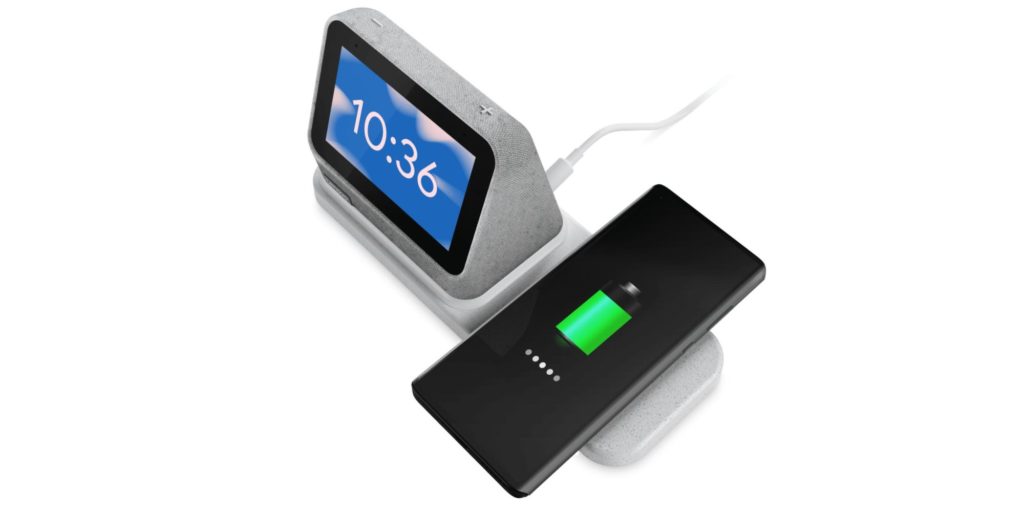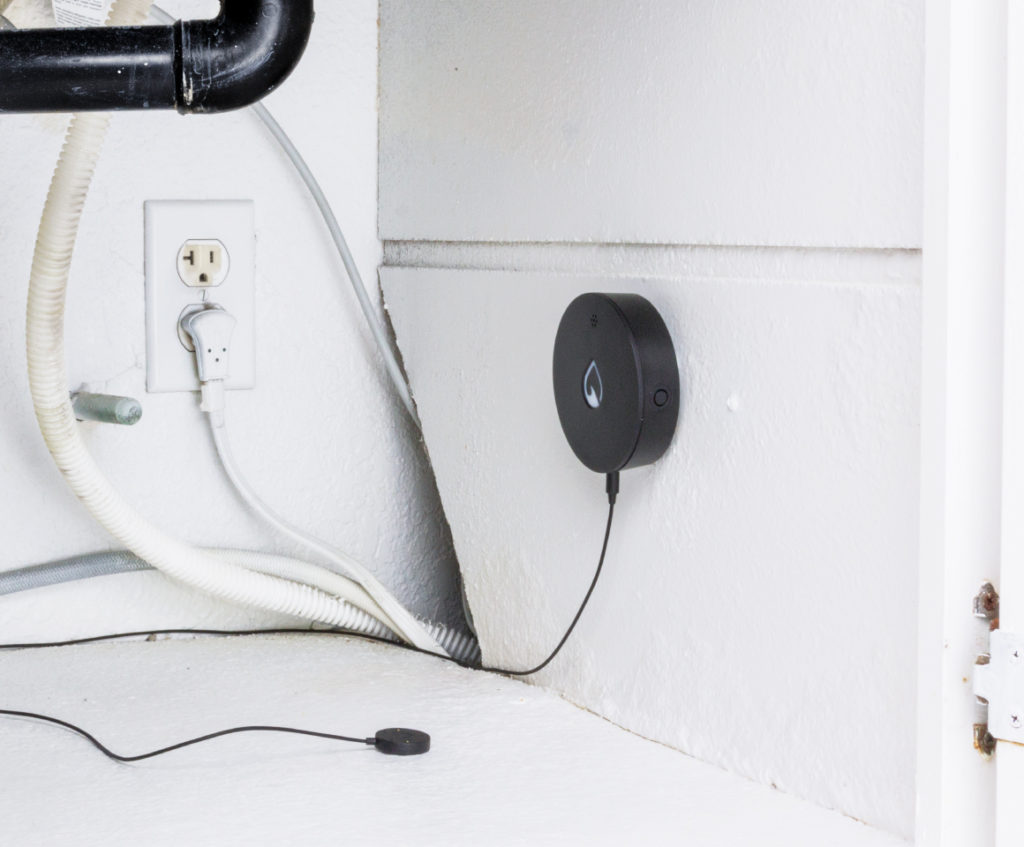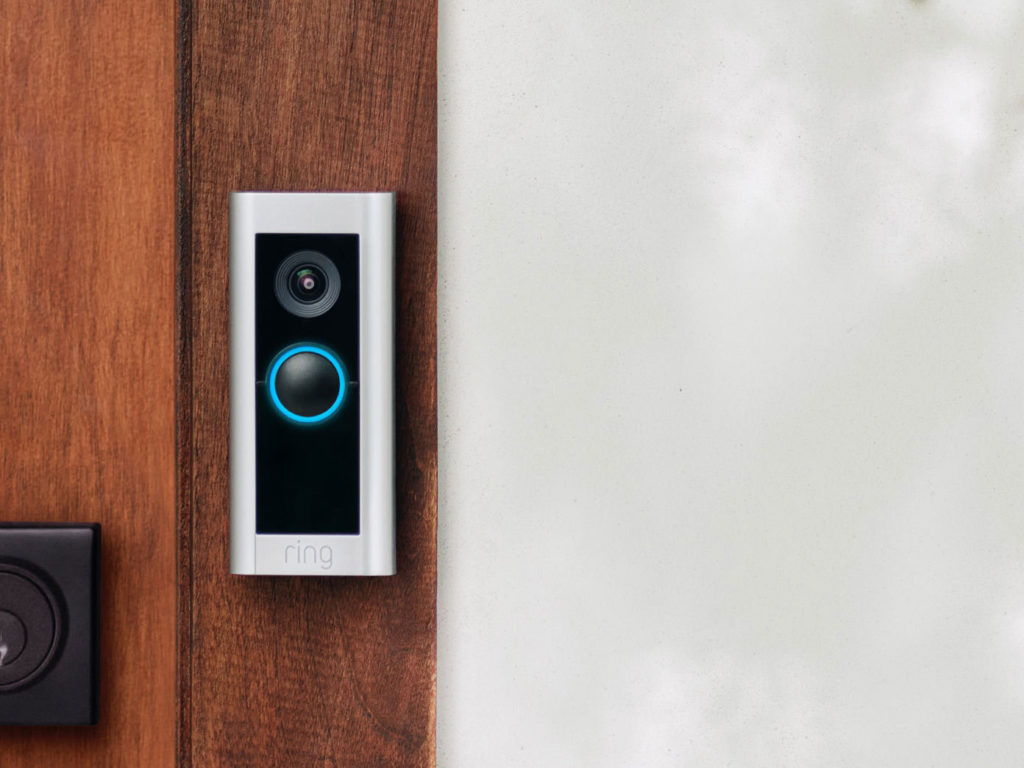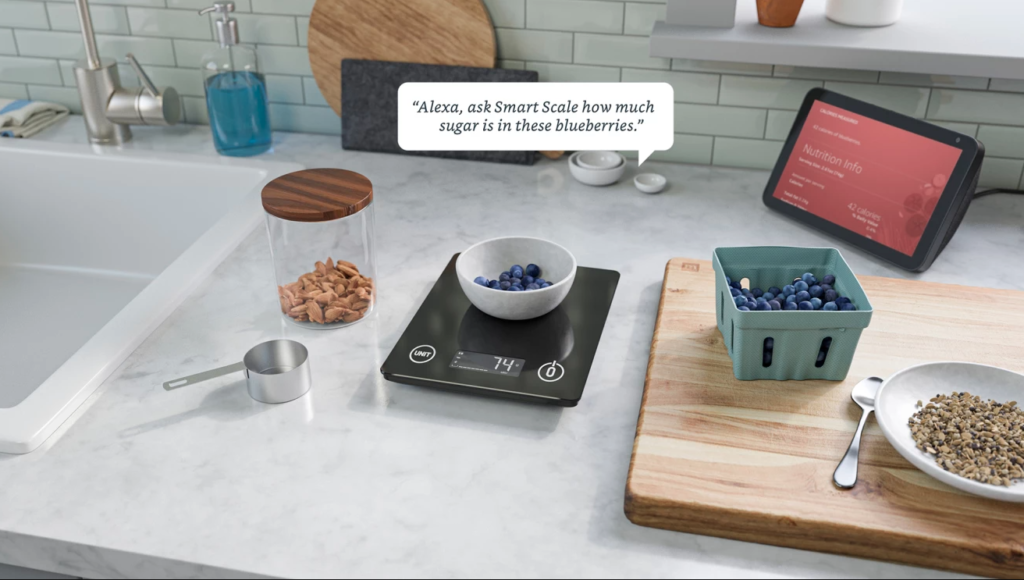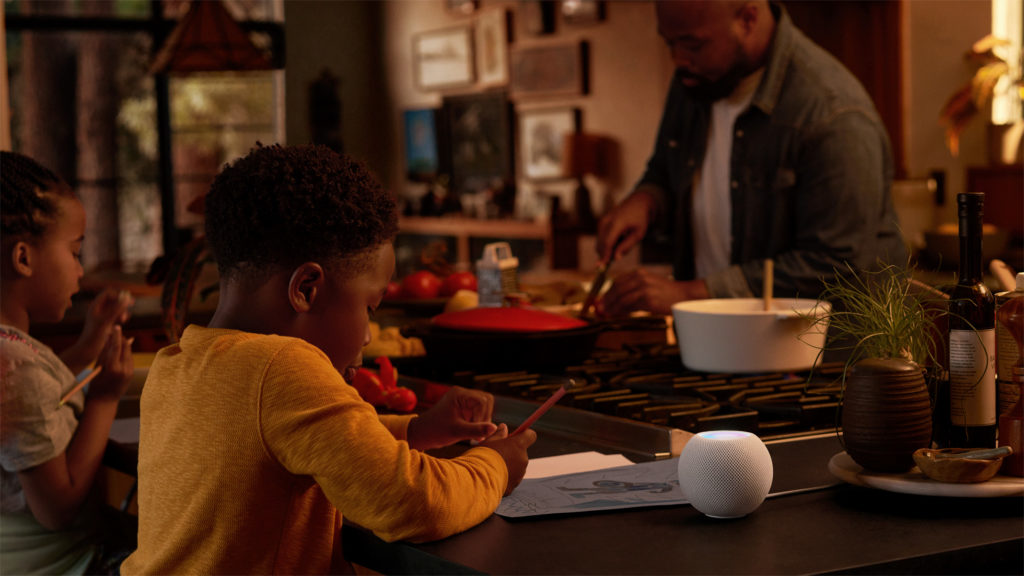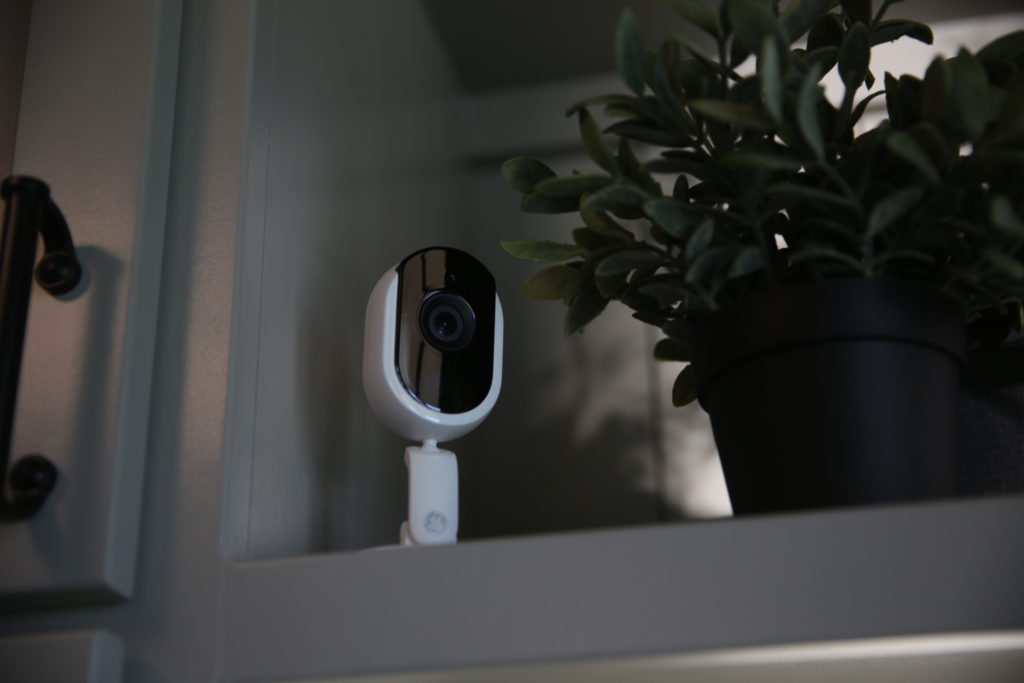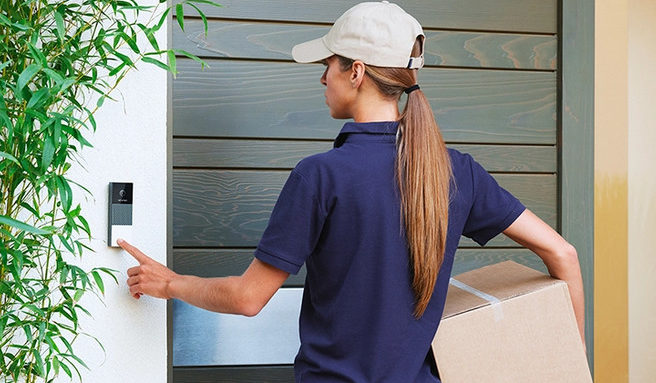Imagine all of the potential problems associated with the internet of things, and then settle in, because I think we talk about all of them in this episode. We start by detailing research out of Northeastern University that shows old data isn’t deleted from hardware-reset Amazon Echo devices and then discuss a class action lawsuit going ahead against Google’s digital assistant. We toss in a disturbing stat from Microsoft and a school that’s deploying facial recognition to round it out. We also devote time to Facebook’s synthetic training environment for home robots, ADT suing Vivint, and Brilliant’s connected light switches getting HomeKit support. Kevin also reviews the Wyze lock. We end by answering a listener question about developer access on Amazon’s Sidewalk network.
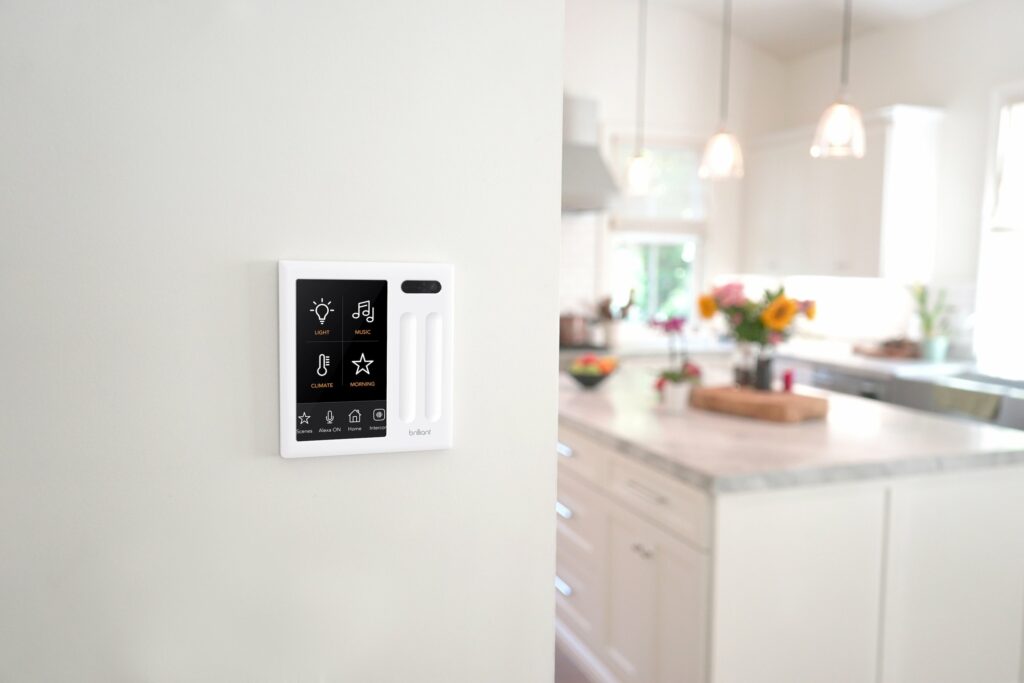
Our guest this week is Teppo Hemiä, the CEO of Wirepas. Hemiä explains what massive IoT is and where Wirepas’ network fits in with other IoT networks such as those from Amazon, Apple, or even proprietary industrial options. Instead of the physical radios, Wirepas makes a distributed, mesh network software that can run on other company’s radios. Hemiä shares some customer stories from a hospital and from a ball-bearing manufacturer to show the benefits of having access to a cheap, scalable connectivity layer. He then tries to explain how Wirepas technology is part of a new DECT-2020 new radio standard that was adopted by the ITU for 5G deployments. It’s a bit confusing but could lead to a non-cellular technology used as part of 5G networks. Enjoy the show.
Hosts: Stacey Higginbotham and Kevin Tofel
Guest: Teppo Hemiä, the CEO of Wirepas
Sponsors: Silicon Labs and Trek10
- Researchers discover a privacy flaw in Echo devices
- Wait, how many requests for user data does Microsoft get each day?
- Can we train robots to handle the real world in virtual spaces?
- What the heck is massive IoT?
- How a non-3GPP standard is breaking into 5G
Podcast: Play in new window | Download | Embed
Subscribe: RSS

